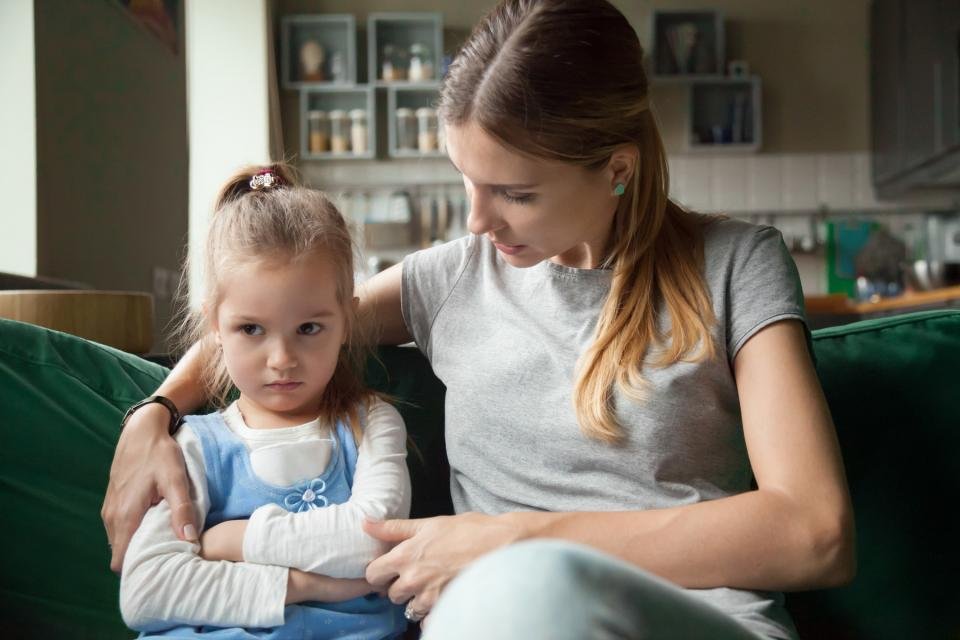Handling divorce with children is one of the most challenging aspects of ending a marriage. It’s crucial to approach this sensitive situation with care and understanding to help your kids navigate this difficult time. By focusing on a few key strategies, you can ease their transition and support them effectively. Let’s explore the best approaches to handling divorce with children and ensure their well-being during this challenging period.
Approaches to Handling Divorce with Children
1. Open Communication
One of the first steps in handling divorce with children is maintaining open communication. It’s important to talk to your kids honestly but appropriately about what is happening. Use simple language that they can understand and answer their questions as truthfully as possible. This helps them feel informed and less anxious about the changes.

2. Reassure Them
Reassurance is essential when handling divorce with children. Children often worry that they are to blame for the divorce or that they will lose the love of their parents. Frequently remind them that the divorce is not their fault and that both parents still love them. This emotional support is crucial for their mental well-being.
3. Maintain Routines
Keeping routines consistent can provide a sense of stability for your children. When dealing with divorce, maintaining regular schedules for school, meals, and bedtime can help your kids feel secure. A predictable environment can make the transition smoother and reduce stress.
4. Provide Emotional Support
Divorce can bring up a range of emotions for children. Be there to listen and provide comfort as they process their feelings. Handling divorce with children involves being emotionally available and validating their experiences. Encourage them to express their emotions and reassure them that it’s okay to feel sad, angry, or confused.
5. Avoid Conflict in Front of Them
It’s important to keep conflicts and disagreements away from your children. Handling divorce with children requires creating a peaceful environment, free from parental arguments. Try to discuss any issues related to the divorce privately, so your kids do not feel caught in the middle.
6. Co-Parent Effectively
Effective co-parenting is a key part of handling divorce with children. Work with your ex-partner to create a parenting plan that supports your children’s needs. Consistency between both households in terms of rules and discipline helps provide stability and a sense of normalcy.
7. Seek Professional Help
Sometimes, children need additional support during a divorce. Consider seeking the help of a counsellor or therapist who specializes in family issues. Professional guidance can help your children deal with their emotions and adapt to the changes more effectively.
8. Encourage Social Activities
Encourage your children to stay involved in their usual social activities and hobbies. Engaging with friends, participating in sports, or pursuing interests can provide a healthy distraction and help them maintain a sense of normalcy during the divorce.
9. Focus on Quality Time
Spending quality time with your children is crucial when handling divorce with children. Make an effort to engage in activities they enjoy and be present during these moments. This helps strengthen your bond and provides them with a sense of security.
10. Be Patient
Understanding that adjusting to a divorce takes time is essential. Be patient with your children as they navigate their feelings and the changes in their lives. Avoid rushing them to “move on” or “get over it.” Allow them to process their emotions at their own pace.
11. Create a Support System
Build a support network for your children that includes extended family, friends, and other trusted adults. Having additional people to turn to can provide extra comfort and support during the transition.
12. Address Financial Changes
Divorce often involves financial adjustments. Discuss any changes in financial circumstances with your children in an age-appropriate way. This transparency helps them understand the practical aspects of the situation and reduces uncertainty.
13. Keep Their Well-Being a Priority
Always prioritize your children’s well-being when making decisions related to the divorce. Handling divorce with children means considering how changes will affect them and ensuring their needs are met emotionally and physically.
14. Maintain a Positive Attitude
Try to maintain a positive attitude about the future. While divorce is challenging, showing optimism and focusing on new opportunities can help your children see the situation in a more hopeful light.
15. Celebrate Their Achievements
Acknowledge and celebrate your children’s achievements, no matter how small. Recognizing their successes can boost their self-esteem and provide a sense of accomplishment during a turbulent time.
Conclusion
Handling divorce with children requires sensitivity, patience, and effective communication. By following these approaches, you can support your kids through this challenging time, helping them feel secure and loved. Remember, the goal is to make the transition as smooth as possible and ensure their emotional well-being.










